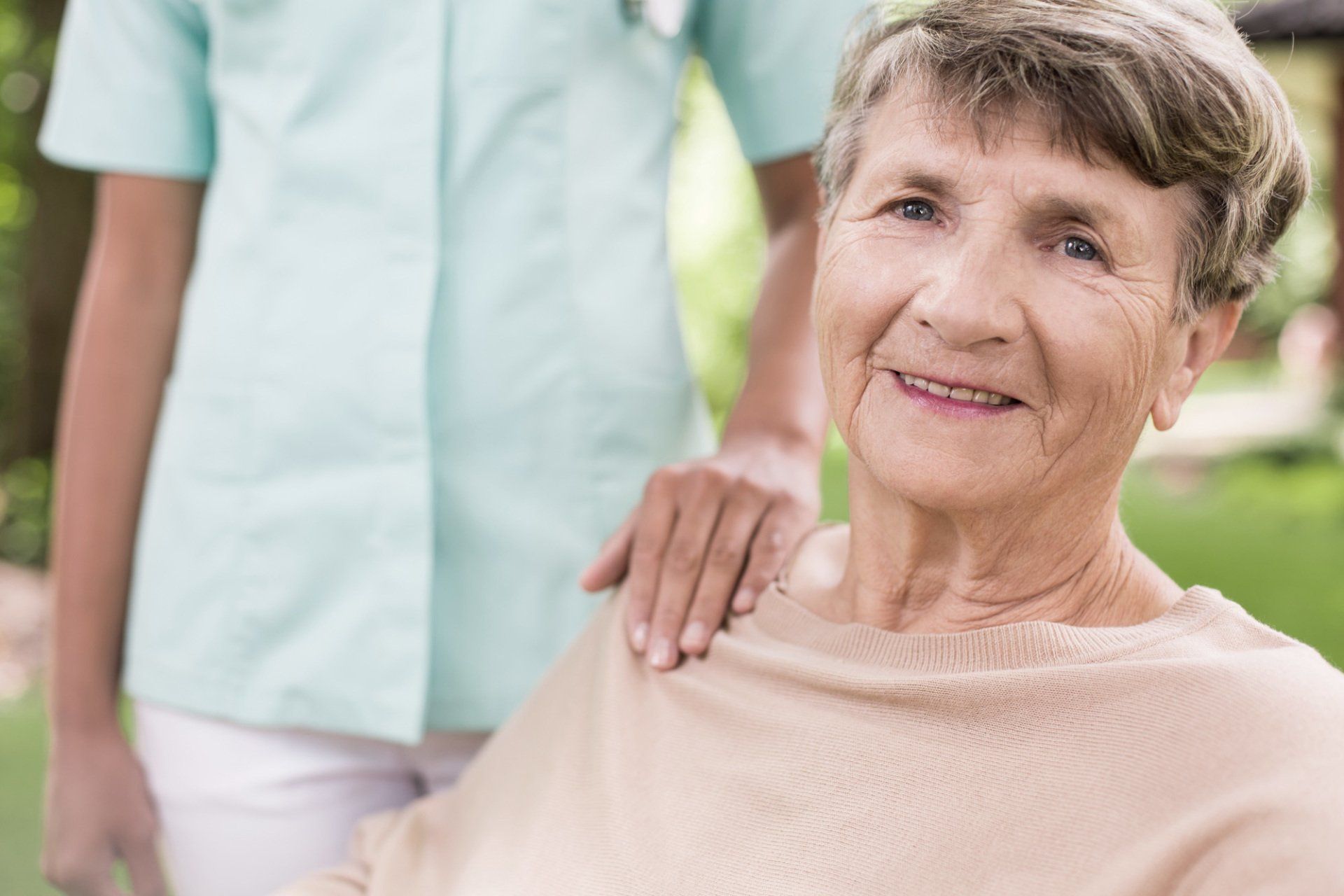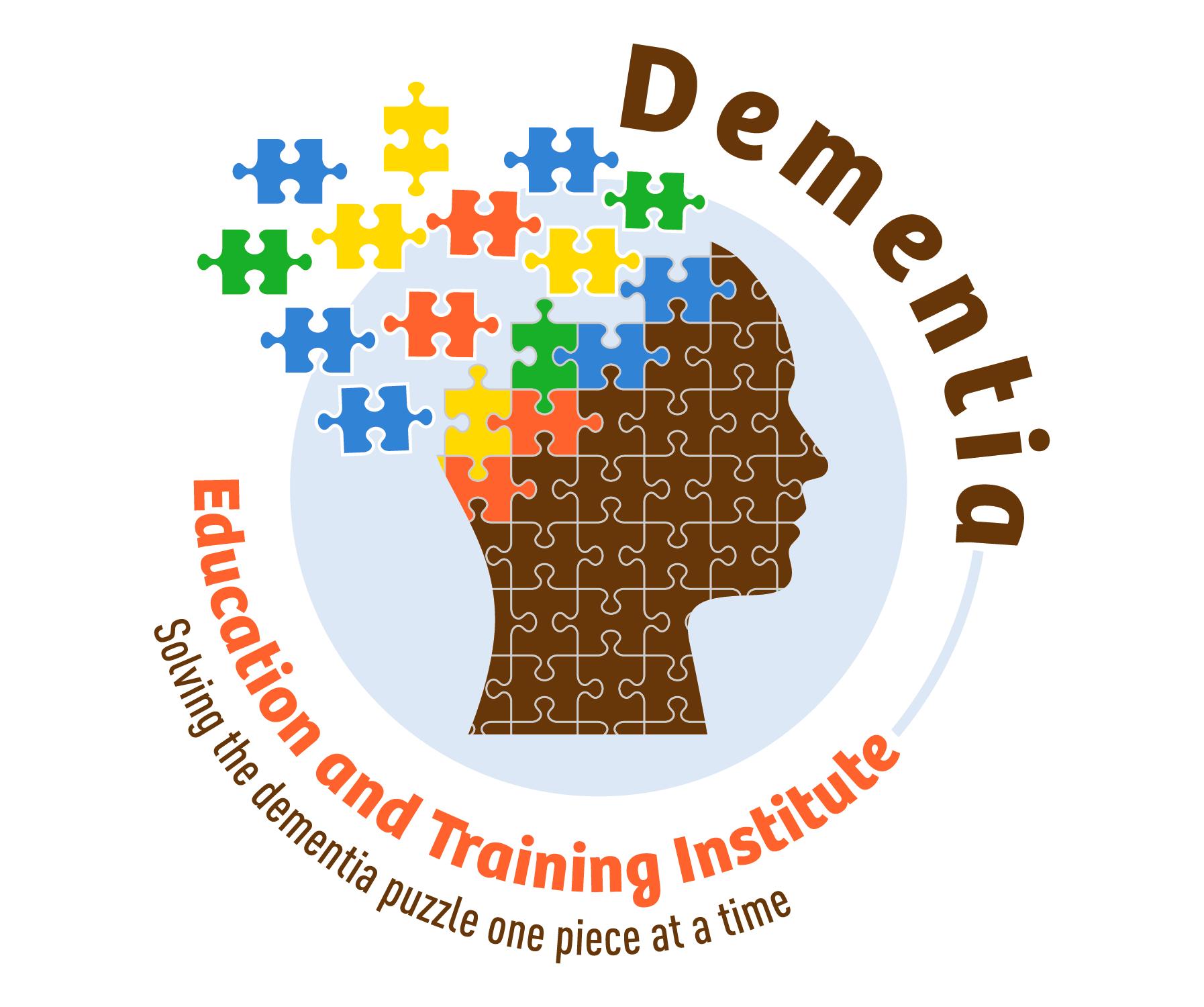Anatomical and Chemical Brain changes related to dementia
Website Editor • March 12, 2019

Alzheimer’s disease, Frontal Temporal Dementia, Lewy Body Dementia , Vascular Dementia, Parkinson’s Dementia and more.
Did you know that all learning is chemical before it is structural? Every time we learn something new, it is chemical for a while before it has its own neuropathway and is structural.
Our brain chemistry is constantly changing to take information in from our environment.
With dementia, our brains experience retrogenesis, which is the loss of brain function in the reverse order in which it developed. The loss of function is from anatomical changes, which occur over time. Brain cells die and function in that part of the brain is slowly and irreversible lost. But chemical changes are constant. This can be and often is, problematic for people living with dementia.
Why is this such a problem with dementia? Because chemical changes are constant, “sometimes they can and sometimes they can’t.” So, for example, if Susie is the primary care giver and is constantly trying to get her mother, who is living with dementia, to take her medication, take a bath, eat etc., moms brain starts to associate stress with Susie’s presence. Their interactions become more and more stressful, negative, mom lashes out and appears to have increased loss in cognition. Susie tries to convince her brother that mom is deteriorating rapidly and should not be living alone. Susie’s brother Joe, visits once a week, every Sunday. He brings her to mass and then to brunch. Moms brain associates nothing but pleasure and relaxation with Joe. Mom seems to be functioning at a much higher level then Susie claims and is sweet and a joy to be around. He continues to tell his sister that her constant nagging is the problem. He tells her she needs to back off and “just enjoy mom while you can”. SOUND FAMILIAR? If families are not aware of why these behaviors occur, feeling can be hurt, and families can be torn apart.
My workshops provide valuable information on what you can expect to notice as the disease progresses. What actions you will notice as specific parts of the brain lose function, how to adapt your behaviors so the person living with dementia does not see your behaviors as a threat. Also, and so valuable, the workshops teach positive approaches to care and how to focus on the skills and abilities that remain throughout the disease. Focusing on what remains allows us to provide opportunities, interactions and activities that will have successful outcomes.

The image above shows some of the more common diseases that cause dementia. Notice under “other dementias” some of these are reversible conditions and not “true dementia diseases”. Therefore, a very thorough evaluation is important. It requires patience as there is no one test to rule out every potential condition or disease. Diagnosis is based on symptoms and a process of elimination. For it to be a true dementia disease, there are four truths: 1. At least two different parts of the brain are actively dying. 2. It is chronic. Currently there is no cure, treatment or medication to slow down the disease process or reverse damage. 3. It is progressive, it will get worse, it is neurodegenerative. 4. It is terminal. The most important thing we can do for a loved one living with dementia is to become dementia aware and dementia knowledgeable. Dementia awareness enables us to see life from the point of view of the person living with dementia. Dementia knowledgeable equips us with the approaches to care that a person living with dementia can receive without causing distress. PAC™ is Positive Approach to Care™. It is a successful approach to care developed by Teepa Snow (www.teepasnow.com) It can only be taught by PAC™ Nationally Certified Trainers. The workshops I offer utilize the Positive Approach to Care™ and provide valuable information. They are interactive so attendees leave with a few new skills from each workshop. The workshops guide families, care givers, first responders and medical professionals thru all stages of the disease process. The skills are life changing and teach attendees how to create a supportive verses confrontational environment and how to fill each day with meaning. Together we can change the dementia puzzle, one piece at a time.

